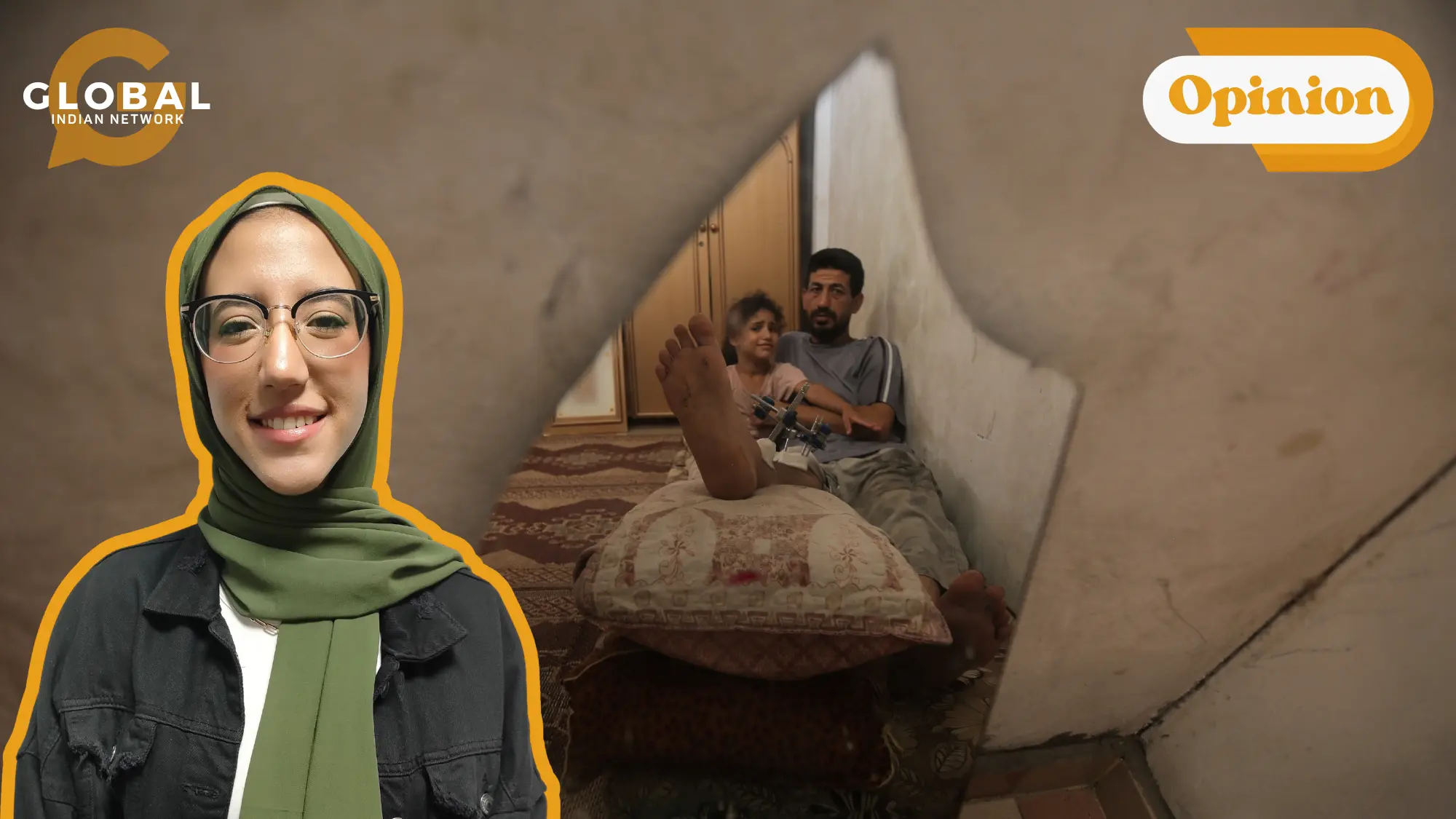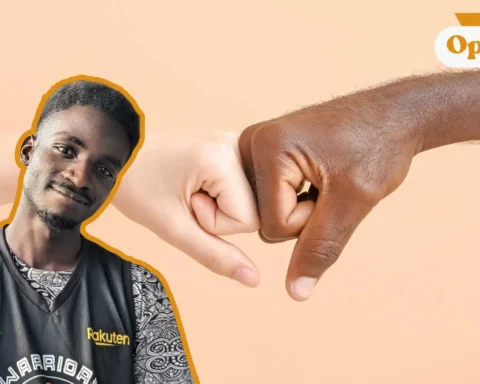“Learn about the collective trauma of the Palestinian people, an ongoing intergenerational trauma for the past 75 years.”
It is the 21st century, and the number of times you probably have heard of the term “Trauma” is infinite. At some point during the 1880s, trauma was associated with “hysteria” as medical professionals did not have enough information surrounding it. Fast forward to the 1990s, more terms like “cultural trauma”, “historical trauma” and “intergenerational trauma” started to rise following tragedies like wars, pandemics, disasters and genocides. In this blog, I will be discussing the definition of collective trauma, relating it to how the Palestinian people have been dealing with it for the past 75 years under the occupation of Israel.
What makes trauma collective?
Collective trauma is “a cataclysmic event that shatters the basic fabric of society,” according to the National Library of Medicine. To elaborate on that, collective trauma is a tragic event that shakes a society and leaves a scar in them individually and as a whole community. As a result of this traumatic event, society shares a psychological and emotional wound. In order for the trauma to be collective, it needs to be discussed and talked about since it affects society, a certain community or a group of people.
Collective trauma is often characterized by certain things, for example, it has to affect a group of people rather than individuals (or else it is just an individual trauma) and it can also be passed down to generations as collective traumas can go on for years. Familiar examples would be the Holocaust with Jewish people and slavery with African Americans. These events happened years ago but they still affect both communities deeply.
Other key characteristics for collective traumas include the event to be historically and culturally significant, as the results of this traumatic event reshapes the society of the victims and their identity.
What makes the Palestine trauma collective?
When talking about collective traumas, one cannot stress how Palestine is the most tragic example of this term. Palestine has been under the occupation of the Israeli settlers since 1967. Ever since then, Palestinians have been victims of bombing, torture and mass destruction.
Now onto the main question, what makes the Palestinian trauma collective? The answer is in the fact that the occupation and the mass destruction that occurred in the country has affected the entire population of Palestine. It affected them historically, as it changed the way the media views Palestine, not as an autonomous entity but as an occupied land. It affected them physically as it wiped out entire families, destroyed homes to many and displaced them. It affected them mentally as statistics show that 41% of Palestinian children suffer from Post-Traumatic Stress Disorder (PTSD) as a result of the occupation which can also be considered Chronic-Traumatic Stress Disorder (CTSD) as it will not be healed unless the 75 year long occupation ends.
The Palestinian trauma is actually an intergenerational trauma due to the fact that it has been on-going for 75 years. Generations died and generations were born, however, the trauma was still there, deeply rooted in their ancestors and passed down like a family heirloom. Children who were orphaned due to the Israeli strikes, have grown up with the resistance and resilience pumping in their veins.
Why should we be aware of the Palestinian collective trauma?
The Palestinian trauma is not a political matter, it is a human matter. We need to be aware of the atrocities that are happening in Palestine and have been happening for decades. We need to call for the freedom of the Palestinian people as their most basic right as humans. The Palestinian people deserve the physical and emotional aid to help them recover from what they have been through as a nation.
Conclusion
Collective trauma is a tragic phenomenon that affects communities, nations and even entire generations. Collective traumas occur when a shocking event happens that threatens the safety of society, leaving a deep wound on its people that takes years to heal. Spreading awareness around collective trauma makes people empathetic and supportive towards the victims. By acknowledging collective trauma, we can focus our efforts in providing the needed aid to the victims and help them with their journey towards healing.










[…] definition, Trauma is “an emotional response caused by severe distressing events,” but today, we will not discuss […]